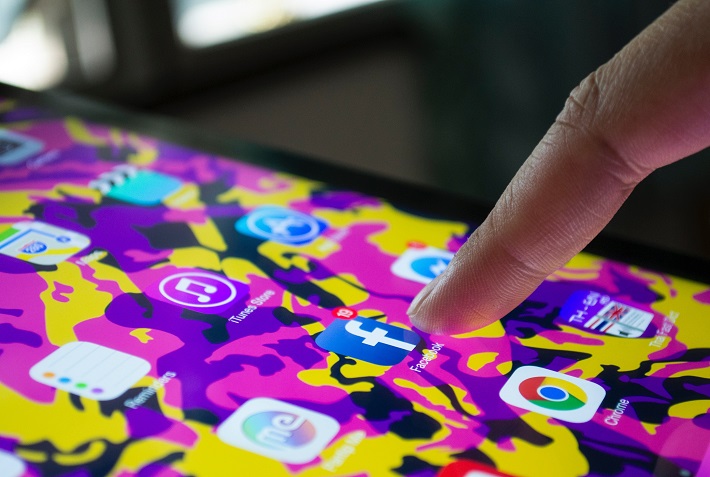Social media, especially Facebook and Instagram, has become a part of our lives. Some people daily spend an inordinate amount of time on their favourite platforms. But social media also has a well-documented dark side, which has resulted in people increasingly taking social media vacations to avoid the negativity.
And while taking a break from social media seems the right thing to do, new research by psychologist and University of New England alumna, Sarah Hanley, has revealed that the issue is not as clear cut as we may think.
“Taking a break from social networking sites is often motivated by social disturbances such as feeling bad from comparing ourselves to others, feeling meaningless or bored or even interpersonal quarrels,” Sarah said.
“It stood to reason that a break would be beneficial for some users, so we set up a study to investigate whether a one-week social media break from Facebook and Instagram promoted users’ wellbeing.”
Seventy eight users were grouped according to usage style - active or passive. Active usage involved creating content, communicating directly with others through posting updates, and commenting on and sharing posts.
Passive activities included browsing newsfeeds without commenting, looking at photos without liking, examining profiles of other people and generally not reacting to content.
To ensure objectivity, the time users spent on Facebook and Instagram was measured using Rescue Time - software designed to monitor logins and time spent online in different applications.
Users in both groups were also surveyed to determine life satisfaction, as well as positive affect and negative affect before taking a the one-week break from social media.
The pre-test results showed that there was a relationship between active use and satisfaction with life and positive emotions, while passive use was weakly related to satisfaction with life but had no statistically significant positive affect.
The surprise came when the impact of the social vacation was measured for the two different user groups.
“The results were contrary to what we expected and hypothesised,” Sarah said. “The emotional state of active users were negatively impacted by the break and they had lower positive emotions. There was no significant impact for passive users whom we thought would benefit the most from the break.”
“This is interesting as the results suggest that social media use may be beneficial for active users. It is a means of through which they can build social capital and increase self-esteem. It appears to be an integral part of their lives.
“The implication is that social media users might be educated on the benefits of being an active user and on ways to improve their positive experience on Facebook and Instagram.”
The research paper was published in PLOS One and can be accessed here.


